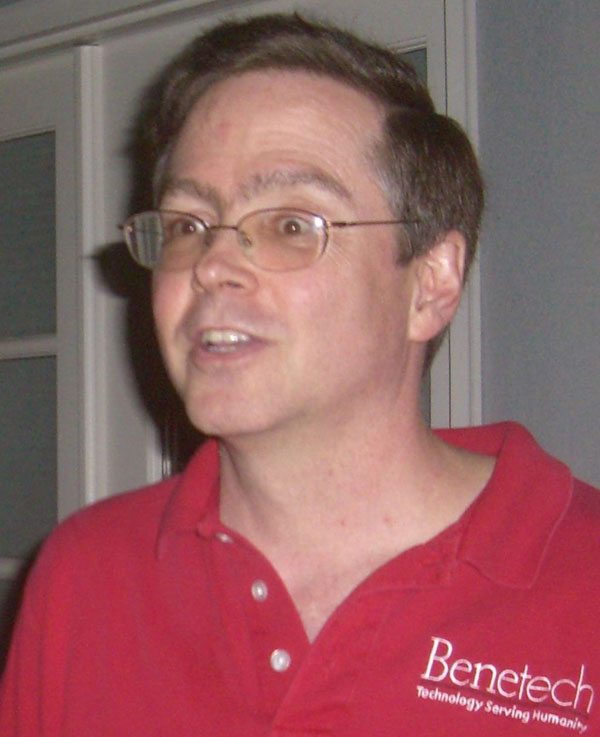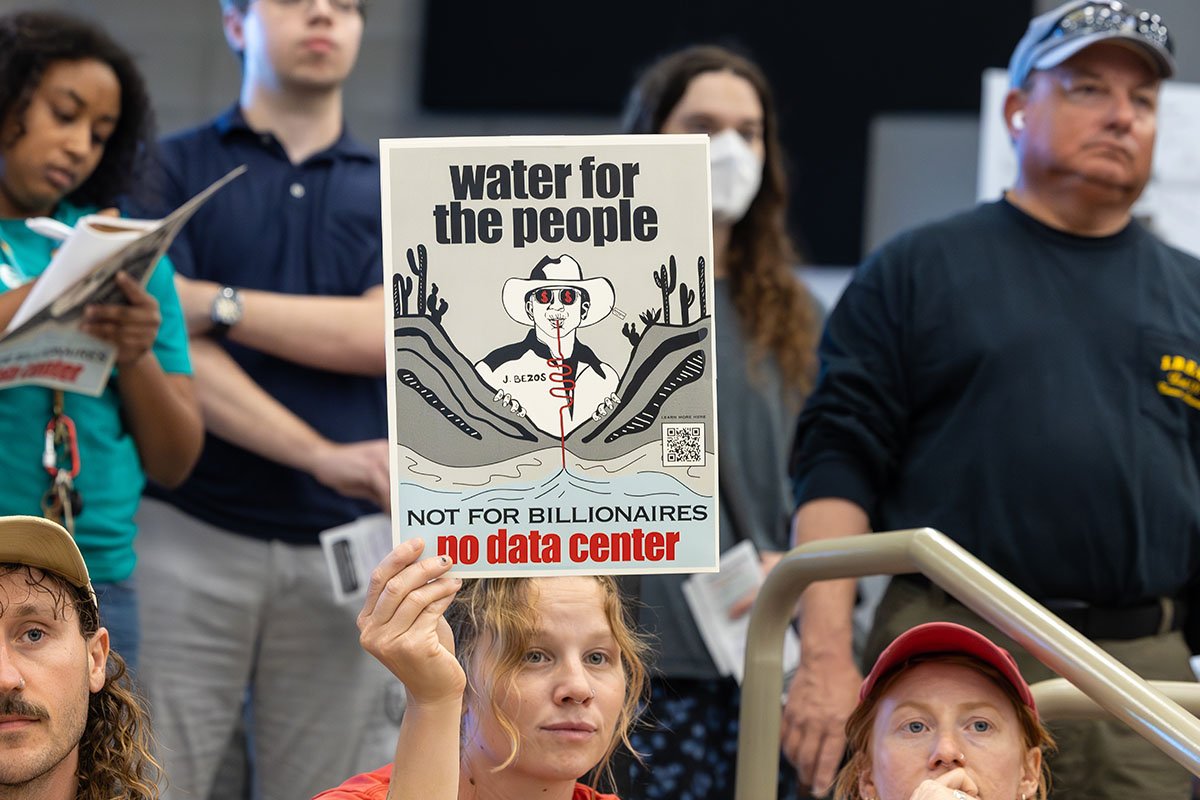
November 1, 2017; TechCrunch
As Neil Desmond reports in TechCrunch, the US Department of Education recently approved a $42.5 million contract with Benetech for a third five-year period. The nonprofit Benetech, founded by Jim Fruchterman, operates Bookshare, which, Desmond writes, “provides digital materials to 500,000 students with reading disabilities, including blindness and dyslexia.”
Based in Silicon Valley, Benetech is a 501(c)(3) nonprofit that runs and incubates social enterprises. Desmond reports that:
Eighty percent of the $13.4 million annual revenue the 70-employee outfit enjoyed last year came from operating projects like Bookshare. The balance came from donors, most of them in Silicon Valley. And in total, Benetech projects have taken in $9 million in nonprofit risk capital and have since attracted nearly $107 million in either follow-on grants or revenue.
Fruchterman, Desmond notes, is an early “pioneer” of social enterprise. Fruchterman’s approach, Desmond writes, “is to use money from philanthropists in the same way founders use venture seed rounds to get concepts off the ground, and then, if they work out, raise more funding to drive to a self-sustaining, nonprofit revenue model.”
Bookshare provides digital books “for the blind and dyslexic who formerly depended on physical products like Braille books and the U.S. mail. Today,” writes Demond, “the U.S. Department of Education underwrites the service for students, and adults can also subscribe on their own for $75 a year.”
But Benetech doesn’t just support Bookshare. Rather, it is an “incubator for new endeavors, like a current initiative to make social services as easy to discover as the closest pizza joint, as well as a consulting service for nonprofits in need of technology help,” Desmond explains.
Fruchterman’s work has been widely recognized; he became a MacArthur Fellow in 2006. A key theme for Fruchterman is finding ways to make better use of technology to address social needs. Earlier this year, Fruchterman, writing in Recode, emphasized three points:
- “Silicon Valley and the social sector must open up lines of communication. The former is a treasure trove of proven innovation and best practices. The latter holds valuable insights into the communities they serve and can help shape the actual software innovation.”
- “Nonprofits must increase social sector data literacy for running organizations more efficiently and measuring impact.”
- “We need to shift our philanthropic mentality away from funding one-off projects to a model that drives systematic change across entire fields. Investing in the capacity of the social sector by putting data and software to work today will unlock benefits across the social sector tomorrow.”
An engineer by trade, Fruchterman came to social enterprise when, while working for a for-profit firm called Calera, he saw a chance in OCR (optical character recognition) technology to help blind people. In 1987, after seven years at the company, Desmond writes,
Sign up for our free newsletters
Subscribe to NPQ's newsletters to have our top stories delivered directly to your inbox.
By signing up, you agree to our privacy policy and terms of use, and to receive messages from NPQ and our partners.
Fruchterman took the demo to the Calera board, fully expecting an immediate green light to go to market. Instead, the board asked how big the market was. Fruchterman responded that it was probably a $1 million market … Small markets were not the road to 20x returns.
“We got into an argument,” recalls Fruchterman. “I’m saying, ‘But blind people need it.’ They’re saying, ‘Yeah, but we create jobs and we’re investing money for pension funds, and we have to make money to fill our social goals.… I could not really disagree, but I also kind of went, ‘Wow. So good technology won’t get built.’ That really irritated me.”
Fruchterman quit, but “Calera agreed to license him the OCR technology at barely above cost so [he] could create two companies: one a for-profit to use the OCR for postal applications (which was a market Calera had chosen not to pursue) and second a nonprofit to build the reading machine for the blind.” After running both companies for several years, Calera was sold, and Fruchterman, who owned a share of his former employer and got a $600,000 windfall in the sale, chose to dedicate himself full time to the nonprofit.
Then, in early 2000, businessman Dick Chandler offered to buy Fruchterman’s nonprofit for $5 million and continue producing reading machines. That $5 million served as seed money for a new nonprofit, Benetech, with the mission “to create break-even ventures that do good.”
Bookshare helps “the blind read by digitizing virtually all reading materials, from digital audio books (formerly on tape) to digital Braille files that drove an electro-mechanical Braille reader (formerly Braille books), to iPad-based, listen-and-follow systems for dyslexic readers.” Brian Meersma, a Cornell senior with dyslexia, is one beneficiary. Meersma says, “In a lot of ways, Bookshare really gave me the opportunity to go to college. The ability to tap into a library that I could read on my own really opened up possibilities.”
Benetech has also helped launch other businesses. Fruchterman currently is working to develop a “smart search interface” for social services and digital tools to help nonprofit agencies coordinate care for the homeless. He also co-developed a project with human rights data expert Patrick Ball called Martus, “a self-encrypting and self-replicating information collection and management tool to help human rights investigators keep their data safe from prying eyes… Hundreds of human rights groups around the world tried Martus, and a few dozen put the tool into regular use, notably in places like Guatemala, Burma, and countries in central Africa.”
But Martus did not work as well as Ball had hoped. Ball also cautions about the risk that tech can endanger communities. “Taking risks to get from here to there is what Silicon Valley loves,” says Ball, “but (in many projects) the risks are not being born by people doing the disrupting, they are born by the communities being disrupted. That is what worries me.”
Fruchertman’s work, in short, shows that while tech is important, there is no quick tech fix to social problems. Bookshare, Desmond notes, “was the result of 20 years of work for Fruchterman when it launched in 2007.” Ball, Desmond writes, argues the secret to Fruchterman’s success is about time and trial, not just tech.
“These problems don’t get solved at overnight hackathons,” says Ball. “Benetech’s great strength has been its persistence, which allowed for engagement with a lot of people, and lots of iteration.”—Steve Dubb











